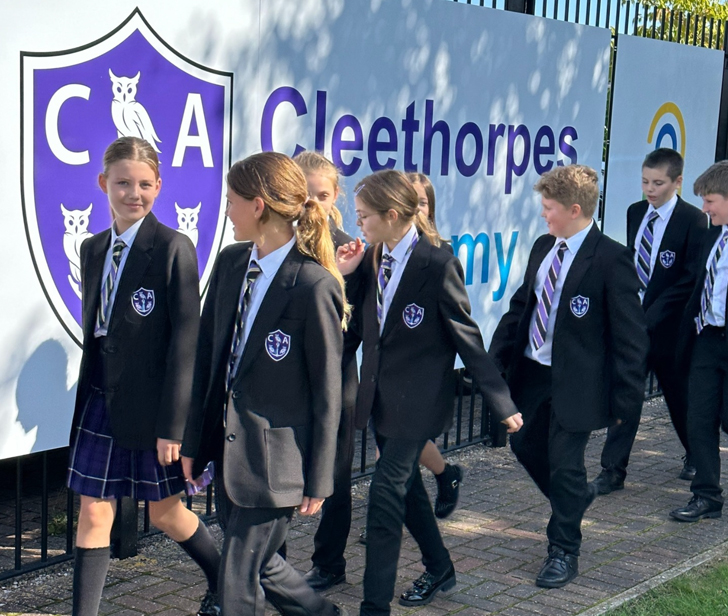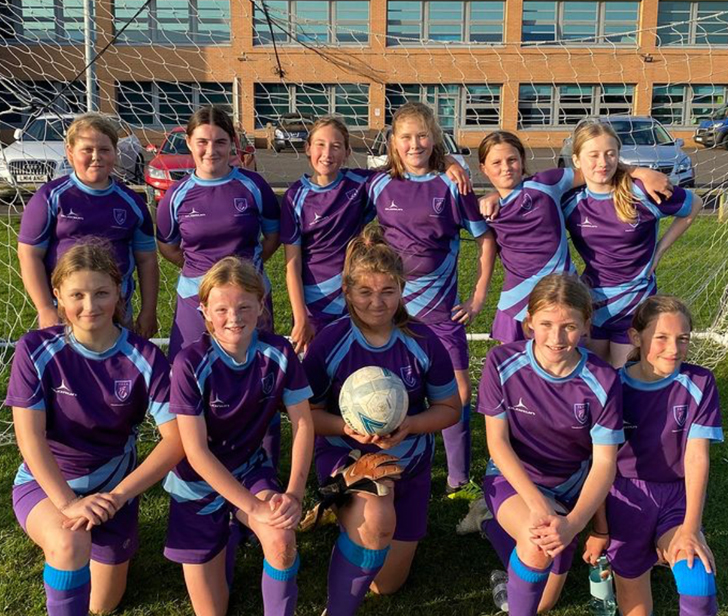SEN Information Report
At Cleethorpes Academy we are passionate about providing our students with the best education possible, including those with additional needs, to enable them to reach their full potentials and develop as individuals. We are committed to reducing barriers to learning through providing opportunities and support to enable our students with Special Educational Needs and Disabilities to successfully access a meaningful curriculum that is appropriate to their needs.
We offer a range of opportunities for our students to engage with a variety of learning activities and experiences, which in turn provides our students with the social and emotional skills to thrive academically, socially and emotionally. We equip them with skills to be creative and curious with their education, but also to be caring towards all within our community.
We believe in early intervention in order to support our students with additional needs and understand that a good partnership between parents/carers is crucial to making this a success. We highly value communication between home and school and welcome collaborative working in order to best support our students.
If you would like to know more about SEND and student support at Cleethorpes Academy, or if you would like to visit us, please feel free to contact our SENDCo, Mrs E Cross.
Mrs Cross
SENDCo
Enquiries@CleethorpesAcademy.co.uk
01472 582310
What do we mean by Special Educational Needs and Disabilities?
Some students have a learning difficulty or a disability that makes it harder for them to access their learning. These students will require extra help and support from school, this might be for a relatively short period of time, or it could be throughout their time in education. The SEN Code of Practice states that:
- has a significantly greater difficulty in learning than the majority of others of the same age, or
- has a disability which prevents or hinders him or her from making use of facilities of a kind generally provided for others of the same age in a mainstream school.”
There are four main areas of SEND need:
- Communication and Interaction.
- Cognition and Learning.
- Social, Emotional and Mental Health.
- Sensory and/or Physical.
We understand that some students in the Academy may have SEN that covers more than one of these areas and have experience in supporting students with a range of needs.
The Academy is particularly aware of the vulnerability of students who are Looked After and have SEN. The SENDCo is also the Designated Teacher for Looked After Children and has regular meetings, alongside the relevant virtual schools, social workers, carers and students, to review the arrangements for these students.
Where can I go for more information?
If you think your child might need extra help or support with their education, the first step is to talk to someone in school, this could be their Head of Year or the SENDCo. We will listen to your concerns and discuss how we feel we can best help. If we identify that your child has Special Educational Needs, we will arrange a meeting to discuss what type of support your child might need.
Next steps
We understand that being the parent/carer of a child with SEND can be daunting. There are lots of support services available to help both children with SEND and their families.
See below to find out about resources, services, support, activities and events for North East Lincolnshire’s children and young people with Special Educational Needs and Disabilities (SEND).
- The Local Offer – A website by the Local Authority that explains in detail what services and support are available locally.
- North East Lincolnshire Parent/Carer Forum – A group established to support parents/carers in the locality.
- North East Lincolnshire SENDIASS – Offers impartial information, advice and support for parents/carers of children and young people up to age 25 with SEND.
For more information on how we support students with SEND, please read the Academy SEND Policy.


